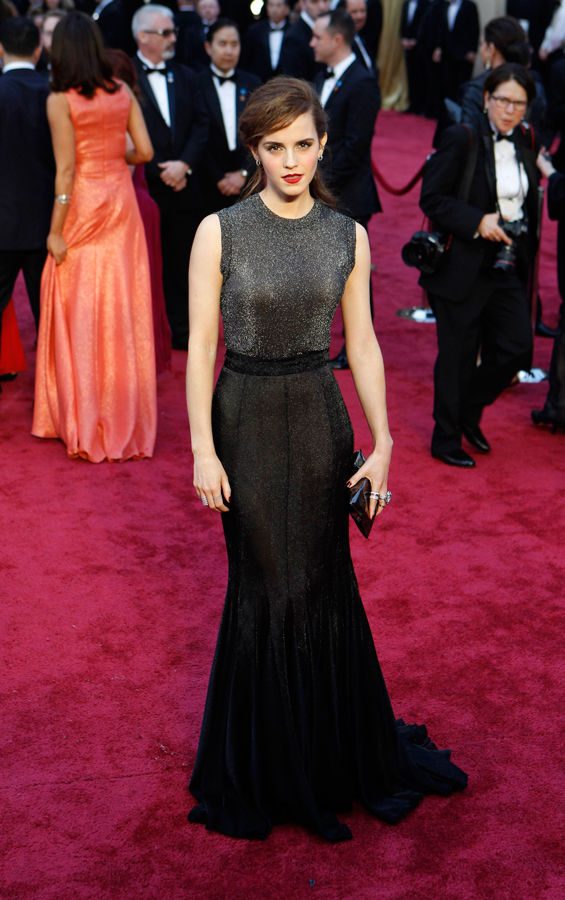Emma Watson replies: She is white, a feminist, but not a white feminist
Is Emma Watson a White Feminist? Well, yes … but no.
Recently the term “white feminist” is brought along with negative connotations contrary to its factual title.
According to Mic’s Julie Zeilinger, writer of an online news blog Identities.mic, white feminism refers to “prioritizing the experiences and voices of cisgender (a person whose self-identity conforms with the gender that corresponds to their biological sex; not transgender), straight, white women over women of color, queer women and those who fall outside this narrow identity.”
Opposite of a white feminist is an intersectional feminist; a feminist who by definition upholds “the view that women experience oppression in varying configurations and in varying degrees of intensity.”
During an online Q&A on Twitter, Emma Watson, a white actress and Goodwill Ambassador for Women’s Rights, was asked by a Twitter user if she were a white feminist. Watson proves herself as an expert on the topic when she gives a thorough and eloquent response to the user on why she is an all-around feminist: “This is a universal and global movement,” says Watson in reply to the user.
Watson attached to her statement a picture of a typed out response, writing how strongly she feels about everyone’s stories involving feminism, including white, Hispanic and black women’s stories. Watson makes it evident through her post that everyone’s experiences are crucial to the advancement of women’s equality.
While white feminism is important and alive in the world today, it doesn’t mean every Caucasian feminist has negative white feminist attributes. The notion by itself would be a generalization. Race is a factor in equality, that is clear, however we should not fight against each other to prove who cares about every woman’s equality more.
We should all, white women and women of color, fight for the advancement of women’s rights. In extension, white women and women of color should be paid the same and treated with the same respect as white men and men of color.
Watson did not shy away from taking part in the debate on white feminism stating, “I’m glad this question came up,” Watson possesses the self-awareness to understand the privilege she has had as a white women in the world and how lucky she is.
Being a white person does not inherently preclude her from being an intersectional feminist. Awareness of looking at one another as a whole is paramount for the advancement of women from all walks of life to come together for equality.







